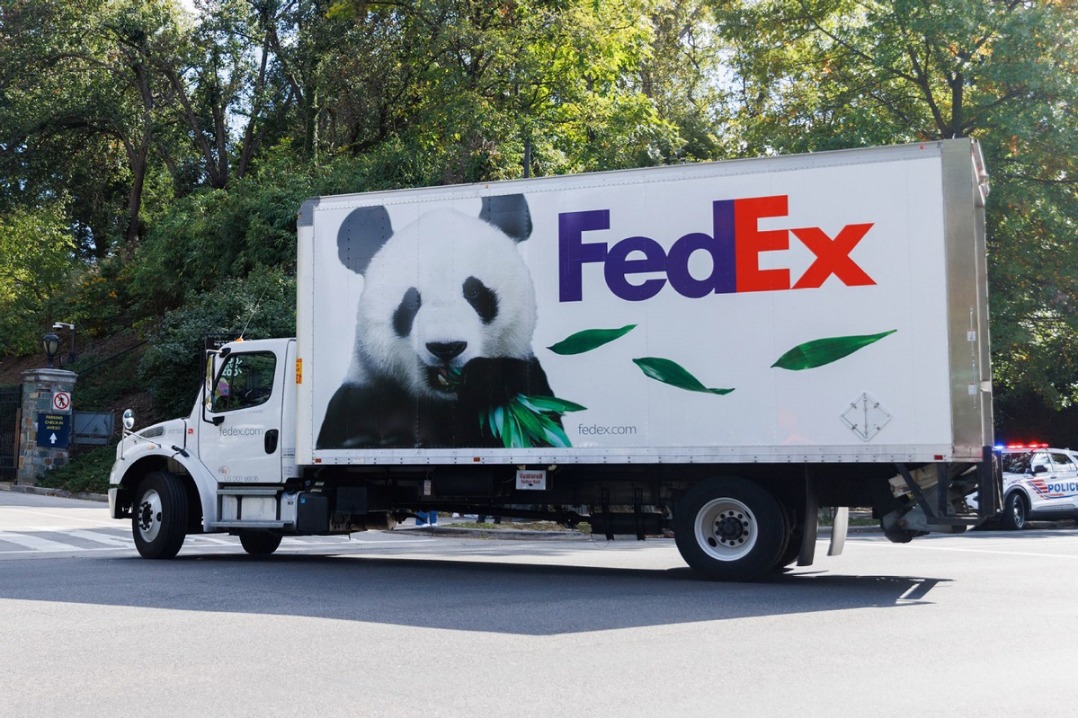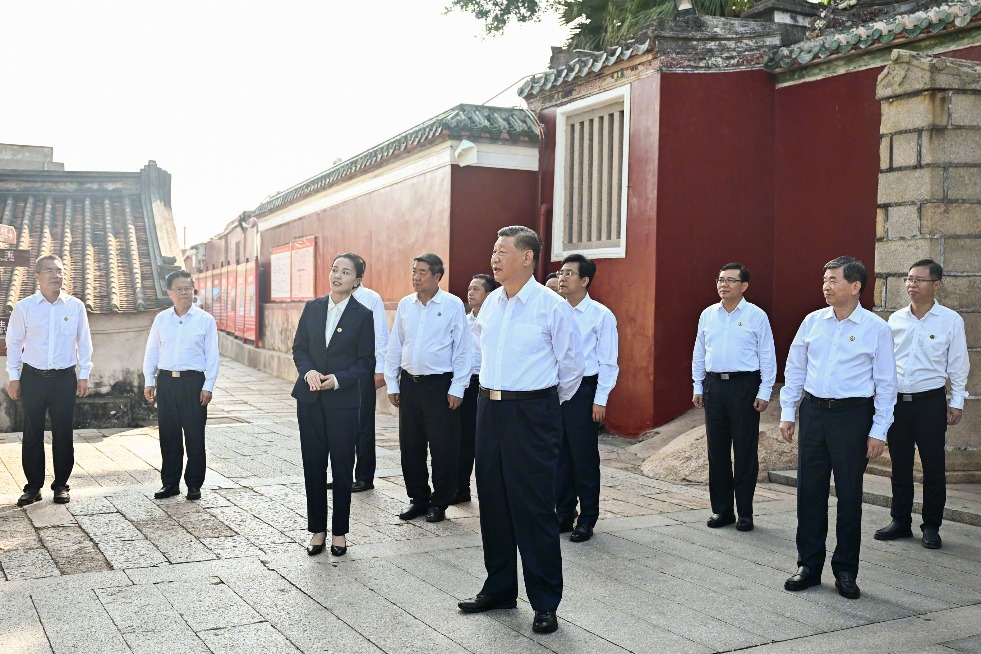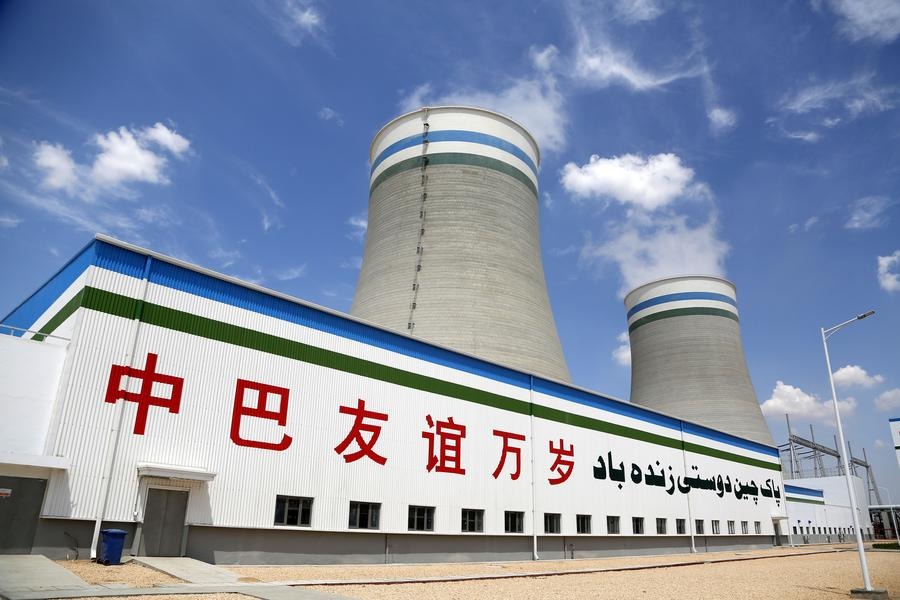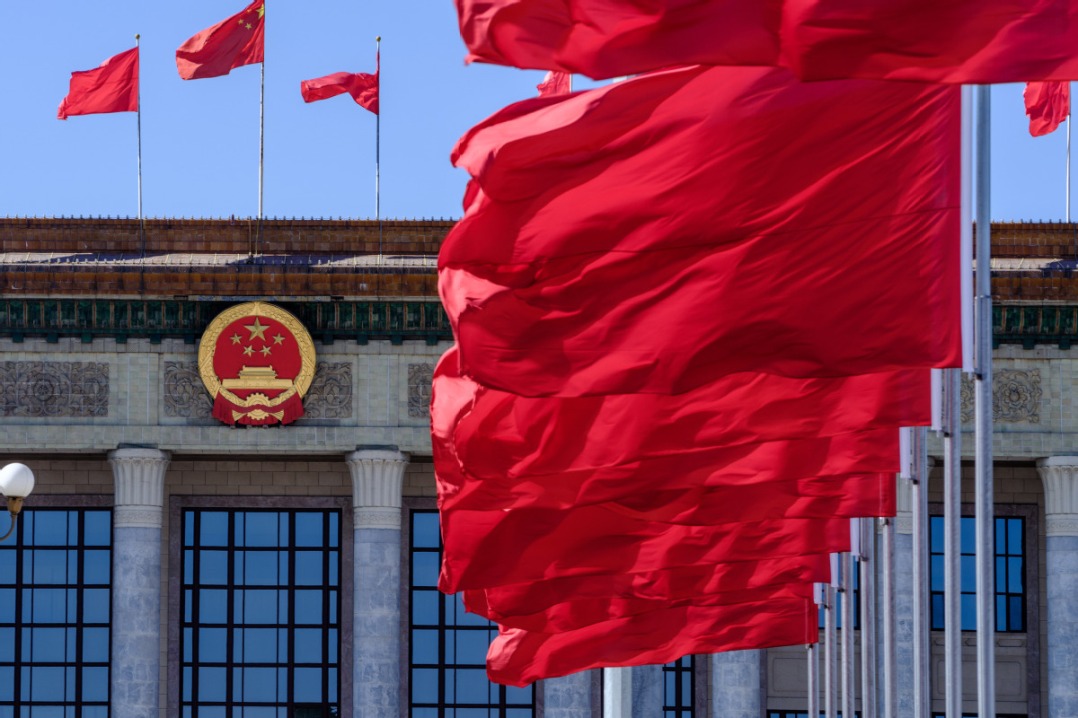Multicultural Britain doesn't need division

Modern Britain, particularly London, has always prided itself on multiculturalism, something that was never more evident when people of all faiths, backgrounds and cultures came together to stand united in the face of four bloody attacks, three by Islamic extremists and the last one, just last week, by a troubled white man.
But that unity risks being shattered by the aftermath of a massive fire that tore through a 24-floor apartment block in wealthy Notting Hill in West London and left 79 people missing and presumed dead.
First off Prime Minister Theresa May, under pressure over a spate of terror attacks as well as her party's divided stance over the terms of the deal being negotiated for Britain's exit from the European Union, made a series of blunders over the fire. Add to that the fragility of her position after she called an unnecessary general election, which saw her party losing majority in parliament, and you have the makings of chaos.
Opposition Labour Party leader Jeremy Corbyn, much derided in previous months by the Conservatives for his extreme left-wing views, gained huge points in the court of public opinion by heading for the scene and hugging distraught survivors and listening patiently to relatives seeking news of the dead and missing.
Sadiq Khan, the Labour Party's mayor of London, was also quickly on the scene, facing down a barrage of questions over the behavior of local authority officials.
May, by contrast, couldn't put a foot right as far as public opinion is concerned. Although she was quickly on the scene, she restricted her visit to talking to senior firefighters, London Ambulance Service medics and police chiefs, apparently avoiding any face-to-face meeting with the survivors and residents thronging the area. She did later invite a group to Downing Street, but for many commentators, it was too late.
That immediately opened up a gap between what is perceived as her government, which seemed slow to respond, and the Grenfell Tower residents, worried about their future and where they would live. Grenfell was used to house a mix of immigrant families, low-income residents, and asylum seekers, and their plight was immediately seized by outside organizations such as the Socialist Workers' Party, an extreme left-wing group that has every reason to want to bring down May and her government.
The message in the demonstrations I saw, which appeared to be organized by the SWP, was that there is a huge class divide in the country, which is actually a society of the haves and the have-nots. Add to that the activities of a few Islamic extremists with attacks on innocent civilians, and the noises being made by ultra-right wing nationalists such as the English Defence League, and the fires of xenophobia are in danger of flaring up out of hand.
Thankfully, the majority of people in Britain don't think that way, and it is heartening to see public appearances by leaders of all faiths - Anglicans, Catholics, Muslims, Hindus, Sikhs and Jews - regularly making joint declarations of togetherness and unity.
After all, peace, unity and stability are what many immigrants to Britain seek.
Back in the 1950s, when Britain needed to rebuild itself after the pounding it received in World War II, the call went out for West Indians to come and work on the nation's buses and in the hospitals. They eventually integrated well, bringing their own tastes and cultures to the patchwork quilt that British society was becoming.
That was also true of the East African Asians, ejected from Idi Amin's Uganda, who came here, settled in and have rarely troubled anyone. That wave of immigration gave birth to many of Britain's professional classes today.
Perhaps May, her advisers and others in the Westminster Bubble should think of that.
The author is managing editor for China Daily, Europe.
(China Daily 06/24/2017 page5)


































